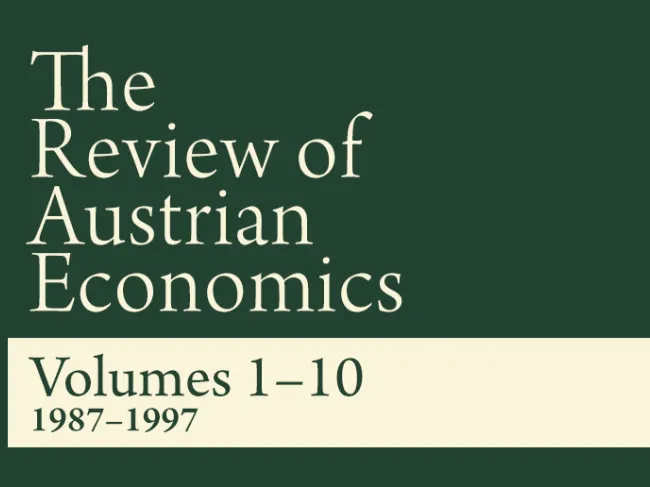Austrian economics emerged in rebellion against skepticism. The predominant economic doctrine in continental Europe at the time of its founding, that championed by the German historical school under Gustav Schmoller, rejected the idea of an economic science devoted to the explanation of market phenomena in terms of exact and universal laws. It proposed, instead, historical description and interpretation of social events devoid of any reference to universal or "exact" laws and to "pure" economic theories based on them.
Today, Austrian economics is challenged by skepticism once again. The new threat is not historicism per se, but the unorthodox views of G.L.S. Shackle and his Austrian followers. According to Shackle, the future is unknowable and "kaleidic" (that is, dominated by patternless change). Action in the marketplace, to be rational, requires that actors in the marketplace be able to anticipate the behavior of their fellows. Theory cannot explain why such anticipations should, except by mere chance, be correct. Thus, the idea that action is "purposeful," which lies at the heart of the conventional Austrian approach to economic theory, is questioned, and new doubt is cast upon the meaningfulness of economic science. This has led to a controversy within the Austrian school that is the subject of the present analysis. Before examining this controversy, it will be necessary

